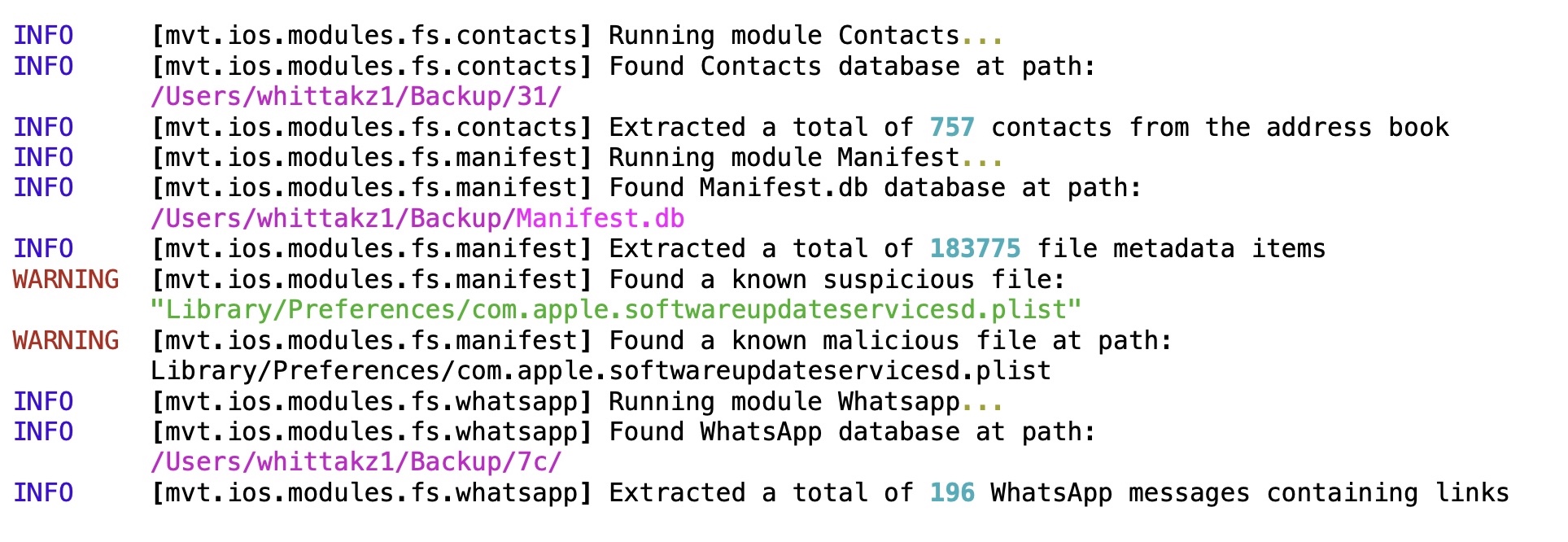In the modern world, we tend to like to know where our food comes from and this has massively influenced professional kitchens. For decades, food suppliers have sat on one side and distribution channels (restaurants and the like) on the other. But large wholesalers in the middle have traditionally crushed producers on prices and late payments. Professional kitchens can circumvent this by going direct to food producers. But they can’t manage hundreds of direct relationships. It’s just not been possible. Until the Internet.
Collective Food is a new startup that addresses this with a new take on the food supply chain model. It directly sources products from suppliers, unlocking price advantages for both suppliers and buyers, it says. Its competitors include Brakes, Bidfood, and Transgourmet.
It’s now raised £12M / $16M in its Series A funding round led by VNV Global, along with VisVires New Protein (VVNP), Octopus Ventures, Norrsken VC, and existing investors, including Partech, Colle Capital, and Mustard Seed. Frontline Ventures was the earliest investor in 2017.
Launched in 2019, Collectiv so far operates in the UK and France. It operates by sourcing food directly from producers, disintermediating the wholesaler middleman, and delivering straight to professional kitchens. Customers include restaurants, hotels, catering firms, meal-kit companies, and dark kitchens. The company claims that this approach generates 50% less CO2 emissions than traditional supply methods better prices, fresher products, transparency, traceability, and more reliable service.
Customers include Big Mamma Group, The Hush Collection, Dirty Bones, Megan’s, Crussh, Butchies, Cocotte, Tossed, and Fresh Fitness Food.
Collectiv founder Jeremy Hibbert-Garibaldi said in a statement: “We’re being pushed by a combination of strong tailwinds: end-consumers demanding a better understanding of provenance; cities implementing air pollution regulations that limit large freight; a post-Covid hospitality industry desperate to improve margins but with limited staff availability to facilitate this in-house. Combined with our innovative model, we’re able to set our sights on not only becoming a European leader in food distribution over the next few years, but even a global one.”
Björn von Sivers, Investment Manager at VNV Global, said: “Collectiv’s innovative managed marketplace connects a fragmented supply of producers with the very fragmented demand of professional kitchens, creating improved transparency amongst other clear network improvements for all stakeholders.”
In his former profession as a Forensic Accountant, Hibbert-Garibaldi came across the business model for Collective after he investigated one of the largest supermarket chains in the UK and their food wholesale leg, mainly for violations of codes of conduct, such as how they were behaving with their suppliers. “I quickly realized that food supply chains were broken, with too much opacity and malpractice, and at the end of the day not benefiting any sides of the marketplace,” he said.
Engrained with a passion for food from his French and Italian origins, he quit his job and spend months in restaurant kitchens to understand the problems they faced: “I wanted to understand why it was so hard for them to source good products, know exactly where their food was coming from, and receive these products reliably and sustainably whenever they needed them. Using this I built my case study to get out to investors and start the business.”
It remains to be seen if Collectiv can scale, or take a chunk out of the vast food supply chain industry, but if it ends up appealing both to suppliers and distributors it will be very interesting to watch.


